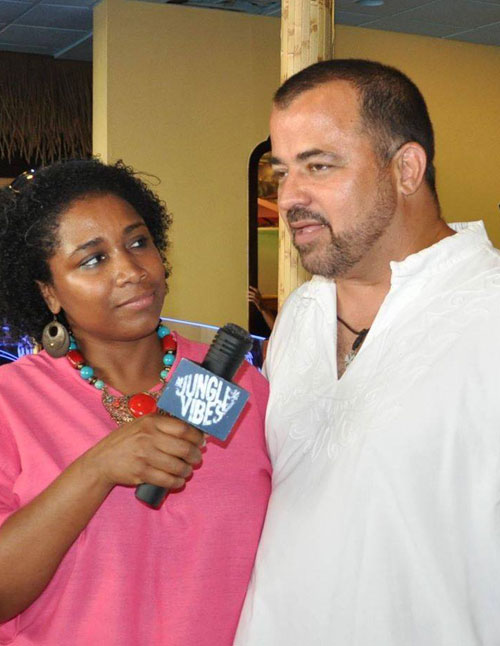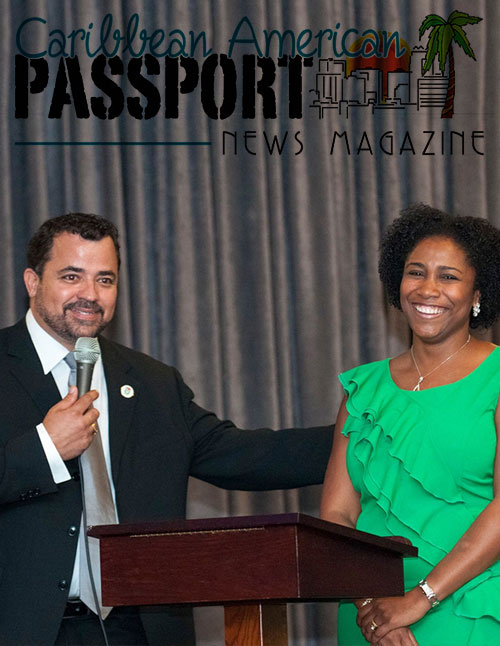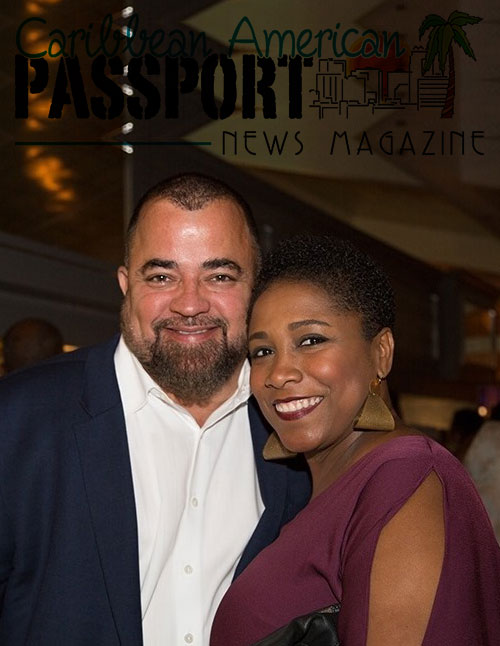Jamaica, where the sound first gave a voice to the oppressed and the hopeful, applied to add reggae to Unesco’s list of the intangible cultural heritage of humanity, and the genre received the honor on Thursday, along with several other new additions.
Unlike Unesco’s World Heritage List, which includes sites considered important to humanity like the pyramids of Giza in Egypt or the Taj Mahal in India, the Representative List of the Intangible Cultural Heritage of Humanity documents elements and practices of different cultures that are deserving of recognition. Another, Unesco’s Intangible Cultural Heritage in Need of Urgent Safeguarding, includes endangered elements of a culture that are at risk of fading away.
Reggae, which rose to prominence in the 1960s, often celebrates Jah, or God; ganja, or marijuana; and Ras Tafari, also known as Haile Selassie, the former Ethiopian emperor, whom Rastafarians revere as the messiah. It is also meant to put listeners in a calm groove.
As the sound bridged continents and gave the disparaged a way to heal and sing, it inspired many other genres, including dancehall; reggaeton, which is popular in Latin America, Puerto Rico and the Dominican Republic; and reggae fusion, which includes elements of jazz, hip-hop or pop and is popular in the United States and Europe.Reggae has also been a pillar in the foundation of hip-hop. Songs like “Bam Bam” have been sampled countless timesby artists including Jay-Z, Kanye West and Lauryn Hill.
Jamaica hoped to protect this facet of its rich culture by having radio stations that continuously play reggae and interview people in the world of the genre. It is also mounting public exhibitions and presentations on reggae music in museums and will celebrate Reggae Month in February, the birth month of Bob Marley.








